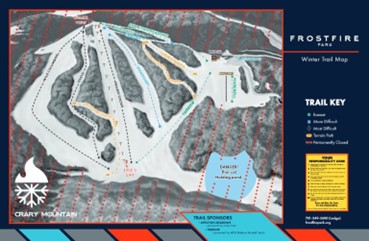The Honorable Hal Rogers
Chairman
Committee on Appropriations
U.S. House of Representatives
H-305, The Capitol
Washington, DC 20515
The Honorable Nita Lowey
Ranking Member
Committee on Appropriations
U.S. House of Representatives
1016 Longworth House Office Building
Washington, DC 20515
The Honorable Mario Diaz-Balart
Chairman
Subcommittee on Transportation, Housing and Development, and Related Agencies
U.S. House of Representatives
2358A, Rayburn House Office Building
Washington, DC 20515
The Honorable David Price
Ranking Member
Subcommittee on Transportation, Housing and Development, and Related Agencies
U.S. House of Representatives
2358A, Rayburn House Office Building
Washington, DC 20515
Dear Chairman Rogers, Ranking Member Lowey, Chairman Diaz-Balart, and Ranking Member Price:
The National Governors Association (NGA), the National Conference of State Legislatures (NCSL), and the American Association of State Highway and Transportation Officials (AASHTO) reiterate our gratitude to Congress for the bipartisan passage of the Fixing America’s Surface Transportation (FAST) Act last year, however, we have serious concerns with language in both the FAST Act and the Senate’s FY 2017 Transportation, Housing and Urban Development Appropriations (THUD) bill which would reclaim critical federal transportation dollars through rescissions of unobligated Highway Trust Fund (HTF) contract authority. We urge the House to fully honor the HTF Fund contract authority contained in the FAST Act by not resorting to the use of rescission.
Section 1438 of the FAST Act requires the rescission of $7.6 billion of contract authority on July 1, 2020 and the Senate’s proposed FY 2017 THUD bill would rescind an additional $2.2 billion, resulting in a total rescission of $9.8 billion by 2020. These rescissions would come entirely from apportioned HTF programs used by the State Departments of Transportation (State DOTs).
Although dollars in the Federal-aid Highway Program are initially provided via HTF contract authority in long-term authorizing legislation like the FAST Act, spending in any given fiscal year is capped by an annual obligation limitation. Prior to the Moving Ahead for Progress in the 21st Century (MAP-21) Act, continuous accumulation of the difference between authorized funding levels and annual obligation limitation will result in approximately $24 billion in unobligated contract authority balances by the end of FY 2016. These balances represent commitments to the states and have traditionally provided states with flexibility to apply the obligation limitation to each state’s unique needs and top priority highway programs.
The state elected and appointed officials that our organizations represent are concerned not only about these rescissions, but also that certain highway program categories are protected from rescission. Requiring the rescissions to come from only a portion of the unobligated contract authority balances means that programs important to State DOTs will bear the brunt of these cuts. In other words, the entire $9.8 billion rescission will have to be absorbed by a total balance of just $11 billion available in the remaining formula apportionments to states. Furthermore, both rescissions require states to cut their share of contract authority in a proportional manner across all applicable highway program categories regardless of the relative balance contained, which ignores states’ funding priorities reflected in the balance. As the attached table shows, this is not a simple and harmless budgetary maneuver.
Altogether, these rescissions will significantly hamper a State DOT’s flexibility to program Federal dollars. They could go so far as to force states to cut actual highway expenditures at a time when we need to be investing in our nation’s infrastructure, potentially eliminating the modest investment gains made in the FAST Act. Therefore, we urge the House to fully honor the Highway Trust Fund contract authority contained in the FAST Act by not resorting to the use of rescissions.
Sincerely,
Scott D. Pattison, Executive Director/CEO
National Governors Association
William T. Pound, Executive Director
National Conference of State Legislatures
Bud Wright, Executive Director
American Association of State Highway and Transportation Officials
CC:
U.S. Secretary of Transportation, Anthony Foxx
Federal Highway Administrator, Greg Nadeau













